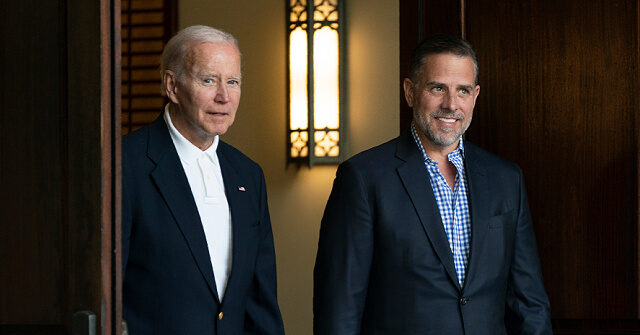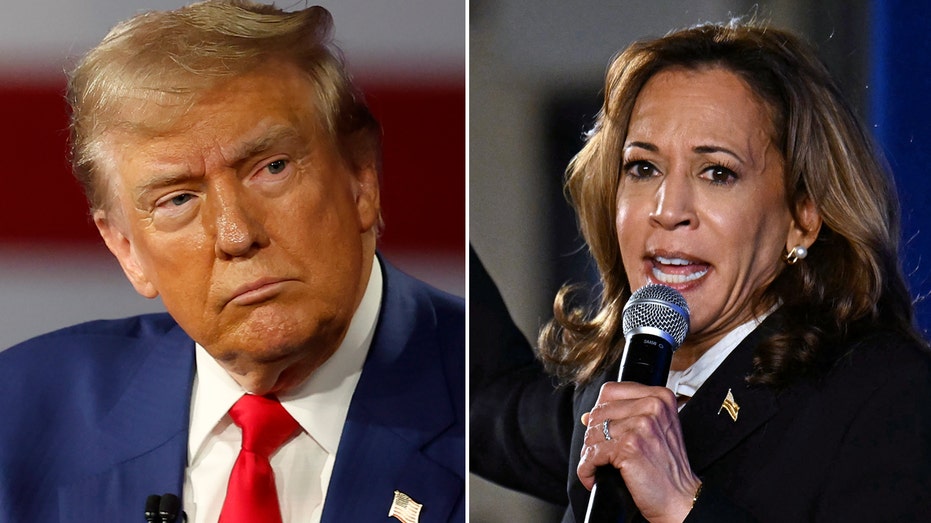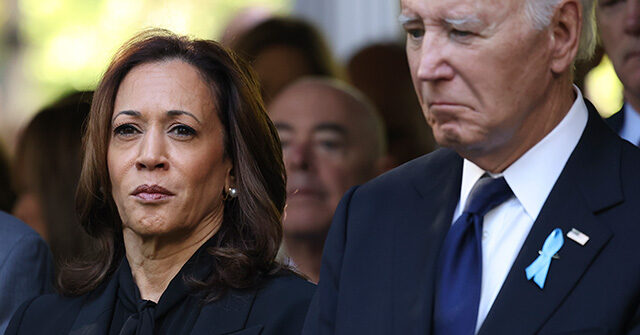Time for Mature German-American Burden-Sharing
The real special relationship in Europe is with Germany. The post Time for Mature German-American Burden-Sharing appeared first on The American Conservative.

Time for Mature German-American Burden-Sharing
The real special relationship in Europe is with Germany.

Ross Douthat of the New York Times scored an interview with two of the top foreign policy brains in the potential next Trump administration. Their thematic similarity on Europe issues, and especially on the question of Germany, was striking.
Here’s Robert O’Brien:
We’ve got 50,000 troops in Germany. What are they doing there? They’re not on the front lines against Russia. What President Trump wanted to do was move half the troops out of Germany. The plan was to move half of them to Poland, to deter the Russians, and take the other half and move them to the Aleutian Islands, Guam, Hawaii, California. Move them into the Pacific to deter the Chinese. And you know who opposed it? The Germans. Angela Merkel called up like she was a mayor, complaining that car dealerships and pubs were going to have to close if we pulled that many troops out of Germany.
Elbridge Colby agreed:
Germany alone is a larger economy than Russia. Germany could, essentially, by itself, solve the Russian conventional threat. In 1988, West Germany could put 12 active divisions in the field. You said the Germans couldn’t police the Red Sea. Well, the Italians and the Spanish and the Greeks and the Turks and the Brits and the French, with their naval forces, they could actually take a much more significant role. Why aren’t they? This is the problem. Our alliance system is much larger economically than the foes we face.
This is interesting. On the same day the interview was published, POLITICO reported that it is the U.S. and Germany who are jointly slow-rolling Ukrainian accession to NATO (and the EU). At the risk of simplification, one can argue that, while the U.S. and Germany are vocal about stopping the talks of Ukrainian membership in NATO, others—such as Slovakia, Hungary, and even a host of liberal Euro states like Belgium, Spain, Slovenia, Denmark, and the Netherlands—are also opposed to Ukrainian accession, but are happy to hide behind Berlin and Washington. The push in favor of Ukraine is from the Poles and the Balts, the most hawkish European powers.
Germany’s Chancellor Olaf Scholz, for all his rhetoric, sounded very similar to Trump and Orban. Scholz told reporters during President Biden’s visit to Berlin last week, “We are making sure that NATO does not become a party to the war, so that this war does not turn into a much greater catastrophe.”
This seemingly paradoxical nature of the relationship belies an important reality: The most important, real special relationship in Europe is between the U.S. and Germany, not Britain or France, despite all floral rhetoric to the contrary. Once one understands that, it is easy to understand the fraught nature of the relationship as well. Germany was the prime challenger to European status quo twice in the last century, and there was a strong anti-British, anti-intervention trend in American conservatism. Yet the threat of a consolidated Europe under one flag and one army was enough to compel the American governing elite to twice drag their country into conflict, despite the wishes of a significant portion of their countrymen—still a matter of considerable historical debate amid returning anti-interventionism in America.
Ultimately, as Hans Morgenthau noted, it was Germany, the most powerful, industrialized, and sophisticated country, that was the prize of the Second World War. To let Germany fall under adversarial hegemonic control would have changed the balance of power of the region permanently. The U.S. divided Germany and initiated the Berlin airlift, but looked the other way in Hungary and Czechoslovakia. This was partially due to Soviet power and deterrence, but also the idea that central and eastern Europe simply isn’t very important real estate when it comes to industry, economy, or manpower, particularly as concerns American hegemony. Admitting that would of course implicitly discredit the founding narrative of the postwar order, that the Second World War was a war over values and norms rather than geography; nevertheless, it is true. The reason the U.S. rehabilitated Germany, helped reindustrialize it, and rearmed it—such that by 1989, West Germany alone could field 12 divisions to stare down the 3rd Shock Army of the USSR—is that Germany was and remains the most important piece of territory on the European continent.
Of course the idea that German statecraft has become “weak” is a folly. Germany has no need to spend more on defense if American troops are guarding its eastern frontiers, and the really relevant frontier itself has moved thousands of miles to the east, thanks to NATO expansion. The reason for German military atrophy is American presence. Moving American troops from Germany to Poland essentially decreases the chance of Germany (or West Europe) ever spending more. Freeriding on America doesn’t demonstrate German weakness, but German prudence, just as German opposition to the Iraq quagmire displayed its foresight.
In light of that, it is perhaps time to renew a new security architecture which re-centers Germany to her rightful place in the European balance. As Lord Lansdowne wrote over a hundred years back, Germany deserves a place among the great commercial and military powers in continental Europe. Unfortunately, that will not happen so long as the American military is there behind the glass in case of a fire. A better option is to shift some burden, such as in the domains of logistics, infantry, and armor, to Europe and especially to Germany, while maintaining the naval and nuclear presence that guarantees American preponderance in the European balance. This will arrest America’s overstretch and march towards insolvency. To have better burden sharing in Europe, the U.S. must treat Germany as an equal power and help it rearm.
The post Time for Mature German-American Burden-Sharing appeared first on The American Conservative.
What's Your Reaction?
















